Eco-friendly travel is a responsible approach to exploring the world while minimizing our environmental impact. As the tourism industry grows, so does the amount of waste travellers generate. Reducing waste while travelling helps protect the environment and preserve the beauty and culture of our destinations. This article will explore the “Top 10 Eco-Friendly Travel Hacks for a Zero Waste Journey,” providing practical tips to make your travels greener and more sustainable.
1. Plan Ahead for a Zero Waste Trip
Research Sustainable Destinations
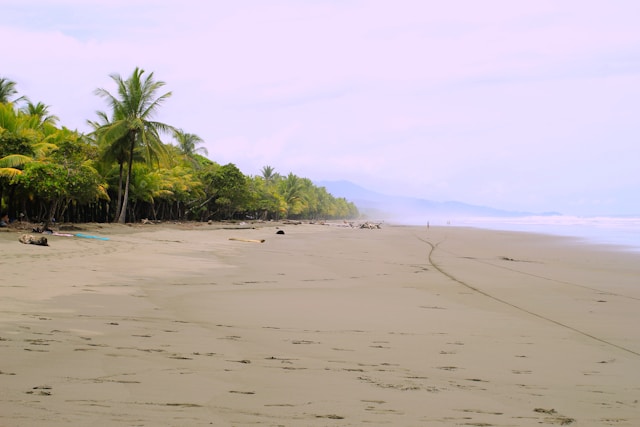
Choosing destinations that prioritize sustainability can significantly reduce your travel footprint. Look for places known for their eco-friendly practices, such as promoting conservation, reducing waste, and supporting local communities. Destinations like Costa Rica, Iceland, and Bhutan are renowned for their commitment to sustainability.
Book Eco-Friendly Accommodations and Transportation
When planning your trip, opt for accommodations that follow green practices. Look for certifications like LEED, Green Key, or EarthCheck. These establishments often use renewable energy, practice water conservation, and reduce waste. Similarly, choose transportation options with a lower environmental impact, such as trains, buses, or carpooling services.
Pack Reusable Items Like Bags, Utensils, and Water Bottles
Packing reusable items is a simple yet effective way to reduce waste. Bring your own water bottle, coffee cup, and utensils to avoid single-use plastics. Reusable shopping bags and containers can also help minimize the waste generated from purchases and takeout meals.
2. Pack Light and Smart

Tips for Minimalist Packing
Packing light reduces your carbon footprint and makes your travel experience more comfortable. Opt for versatile, mixed, matched clothing, and pack only the essentials. This approach not only cuts down on the weight of your luggage but also minimizes the resources used in transporting it.
Use Multipurpose Items to Reduce Luggage
Multipurpose items are a minimalist traveller’s best friend. Think of packing items like a sarong that can serve as a beach towel, a blanket, or a scarf. A reusable tote bag can double as a day bag or laundry bag. This strategy helps reduce the number of items you need to pack, leading to lighter and more efficient travel.
Choose Sustainable Travel Gear
Invest in high-quality, durable travel gear made from sustainable materials. Products made from recycled or organic materials are often more environmentally friendly and long-lasting. Brands that prioritize ethical manufacturing practices are a great choice for eco-conscious travellers.
3. Choose Reusable Over Disposable
Reusable Water Bottles and Coffee Cups
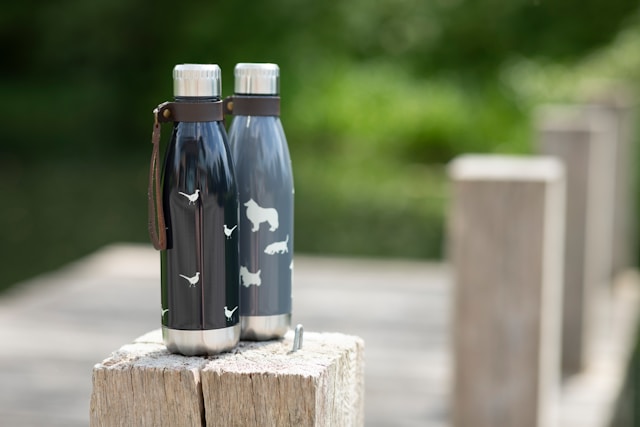
One of the simplest ways to reduce travel waste is to carry a reusable water bottle and coffee cup. Many airports and public places now have water refill stations, making staying hydrated easily without generating plastic waste. Similarly, a reusable coffee cup can help reduce the number of disposable cups that end up in landfills.
Travel-Friendly Utensils and Containers
Bringing your own set of utensils and containers can significantly reduce the waste generated from eating out. Many compact, travel-friendly options include foldable or nesting utensils and collapsible containers. These convenient items can easily fit into your carry-on or day bag.
Cloth Bags for Shopping and Laundry
Cloth bags are versatile and useful for various purposes while travelling. Use them for grocery shopping, souvenirs, or laundry bags. They occupy minimal space in your luggage and help eliminate the need for single-use plastic bags.
4. Say No to Single-Use Plastics
Avoid Plastic Straws, Bags, and Cutlery
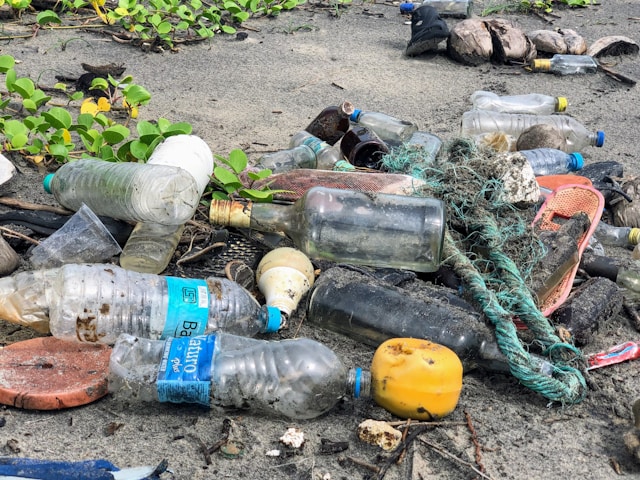
Single-use plastics are a major environmental concern. Make a conscious effort to avoid them by reducing the use of plastic straws, bags, and cutlery when offered. Instead, use your reusable alternatives. Many destinations now offer plastic-free options, making sticking to your zero-waste goals easier.
Alternatives Like Bamboo or Metal Straws, Fabric Bags
Invest in alternatives to single-use plastics, such as bamboo, metal straws, and fabric bags. These items are reusable and biodegradable or recyclable at the end of their life. They are easy to clean and carry, making them ideal for travel.
Seek Out Plastic-Free Products and Packaging
When shopping for travel essentials, look for plastic-free products and minimal packaging. Many eco-friendly brands offer toiletries, snacks, and other items in sustainable packaging. Supporting these brands helps reduce plastic waste and encourages more companies to adopt eco-friendly practices.
5. Sustainable Eating and Drinking
Find Local and Organic Food Options
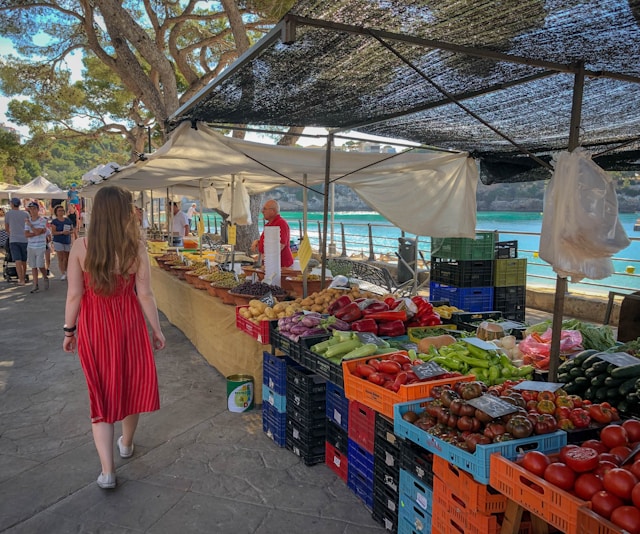
Eating local and organic food supports the environment and the local economy. Visit farmers’ markets, local eateries, and organic stores to find fresh, sustainable food options. This practice reduces the carbon footprint of transporting food and often results in healthier and more authentic dining experiences.
Bring Your Own Containers for Takeout
Bring your containers to avoid disposable packaging if you plan to get takeout. Many restaurants are happy to accommodate this request, and it significantly reduces the amount of waste generated from your meals. It’s a simple yet effective way to maintain your zero-waste goals.
Choose Restaurants and Cafes with Sustainable Practices
Research and choose restaurants and cafes that prioritize sustainability. Look for establishments that use locally sourced ingredients, minimize food waste, and use eco-friendly packaging. Supporting these businesses encourages more eateries to adopt sustainable practices.
6. Smart Shopping for Souvenirs
Buy Locally Made and Eco-Friendly Products

When shopping for souvenirs, opt for locally made and eco-friendly products. These items often have a lower environmental impact and support the local community. Handmade crafts, organic goods, and recycled products make for unique and meaningful souvenirs.
Avoid Mass-Produced and Plastic Souvenirs
Mass-produced souvenirs, especially those made of plastic, contribute to environmental pollution. Avoid these items and instead look for souvenirs that are sustainably made. This approach not only reduces waste but also ensures that your purchases have a positive impact on the local economy.
Support Local Artisans and Businesses
Supporting local artisans and businesses is a great way to promote sustainability. Purchase directly from local craftspeople and small shops to ensure that your money supports the community. This practice helps preserve local culture and traditions while promoting eco-friendly products.
7. Eco-Friendly Personal Care
Use Solid Toiletries to Reduce Plastic Waste

Solid toiletries, such as shampoo bars, soap bars, and toothpaste tablets, are excellent alternatives to traditional liquid products. They often come in minimal or plastic-free packaging, reducing waste. These items are also convenient for travel, as they don’t count towards liquid limits in carry-on luggage.
Natural and Biodegradable Personal Care Products
Choose natural and biodegradable personal care products to minimize your environmental impact. Products made from natural ingredients are often better for your skin and the environment. Look for items free from harmful chemicals and in sustainable packaging.
Refillable and Reusable Containers for Toiletries
Refillable containers are a practical solution for reducing plastic waste from toiletries. Store your favourite products in these containers and refill them as needed. Many brands now offer refill stations, making maintaining a zero-waste routine while travelling easy.
8. Reduce, Reuse, Recycle on the Go
How to Recycle Properly While Traveling
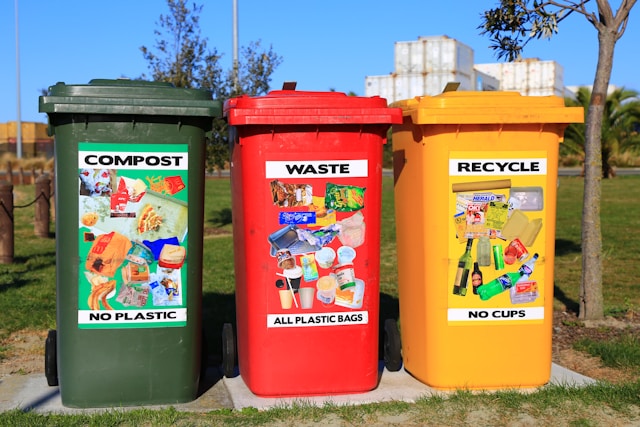
Recycling practices can vary by location, so it’s important to familiarize yourself with local recycling guidelines. Properly sorting and disposing of recyclable materials helps ensure that they are processed correctly. Seek out recycling bins and facilities wherever you travel.
Reuse Materials Whenever Possible
Reusing materials is a key aspect of zero-waste travel. Repurpose containers, bags, and other items whenever possible. For example, use glass jars for storage or as makeshift snack containers. Reusing items reduces the need for new products and minimizes waste.
Reduce Waste Generated During the Trip
Be mindful of the waste you generate during your trip. Avoid unnecessary packaging, refuse single-use items, and practice mindful consumption. These small actions add up and contribute to a significant reduction in overall waste.
9. Mindful Energy and Water Use
Save Energy in Accommodations
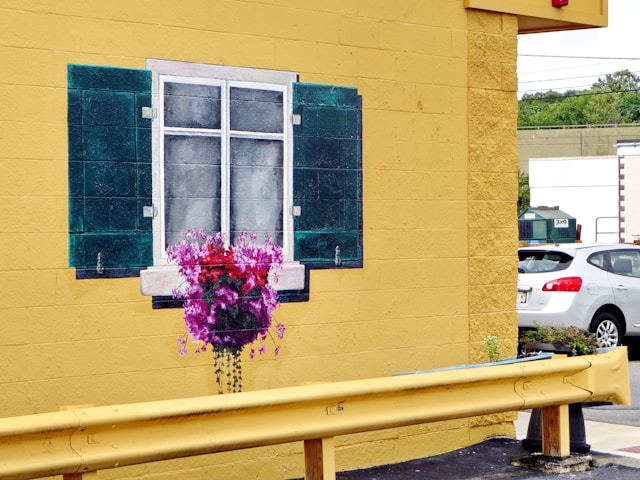
Conserving energy is an important part of sustainable travel. Turn off lights, air conditioning, and electronics when not in use. Choose accommodations that use renewable energy sources and have energy-efficient practices in place.
Reduce Water Consumption
Water conservation is crucial, especially in regions facing water scarcity. Take shorter showers, turn off the tap while brushing your teeth, and reuse towels. Many eco-friendly accommodations offer water-saving fixtures and encourage guests to conserve water.
Support Accommodations with Sustainable Practices
Support accommodations that prioritize sustainability. Look for hotels and lodgings that implement green practices, such as using renewable energy, conserving water, and reducing waste. Staying at these places helps promote and encourage sustainable tourism.
10. Engage in Eco-Friendly Activities
Choose Low-Impact Outdoor Activities
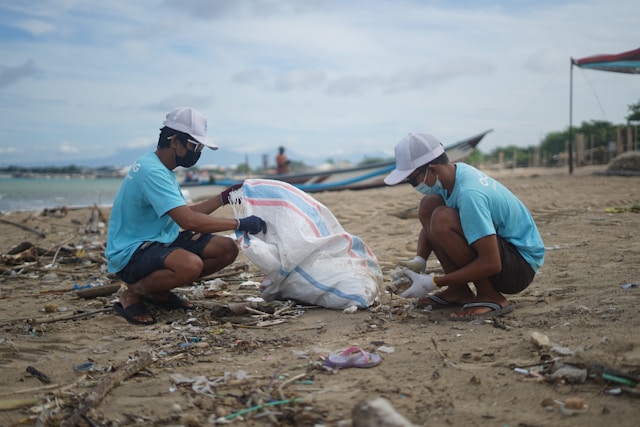
Opt for outdoor activities that have a minimal impact on the environment. Hiking, biking, and kayaking are great ways to enjoy nature without causing harm. Avoid activities that involve motorized vehicles or disrupt local wildlife.
Participate in Local Conservation Efforts
Get involved in local conservation efforts to give back to the community. Participate in beach cleanups, tree planting, or wildlife conservation projects. These activities not only help the environment but also provide a deeper connection to the places you visit.
Educate Yourself and Others About Sustainability
Education is a powerful tool for promoting sustainability. Take the time to learn about the environmental challenges facing your destination and how you can help. Share your knowledge with fellow travelers and encourage them to adopt eco-friendly practices.

Conclusion
We’ve covered ten practical and actionable hacks to help you achieve a zero-waste journey. These tips will help you reduce your environmental impact and travel more sustainably, from planning ahead and packing smart to engaging in eco-friendly activities.
Embracing these eco-friendly travel hacks can significantly reduce waste and promote sustainable practices. By making conscious choices and adopting green habits, you can positively impact the environment and the communities you visit.
Sustainable travel benefits the planet and enhances the travel experience by fostering deeper connections with local cultures and environments. It ensures that the destinations we love remain vibrant and beautiful for future generations.
Every small action counts. Start implementing these eco-friendly travel hacks today and encourage others to do the same. Together, we can make a significant difference in promoting sustainable tourism.


